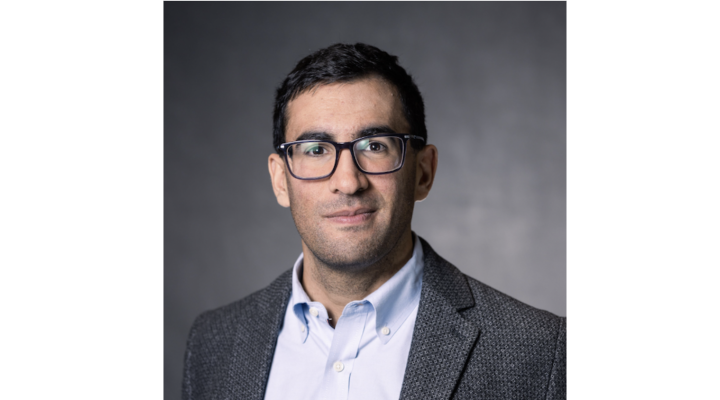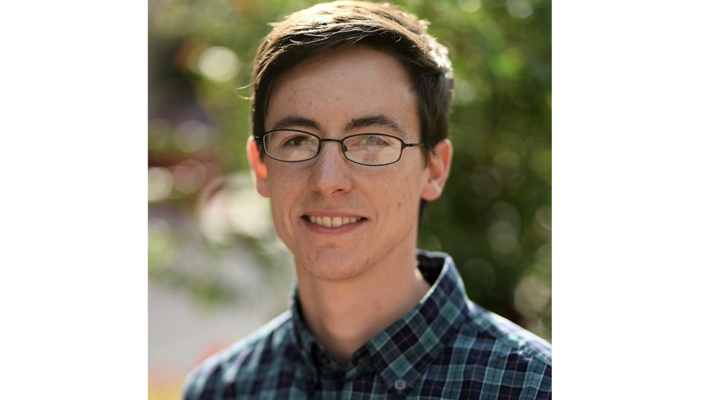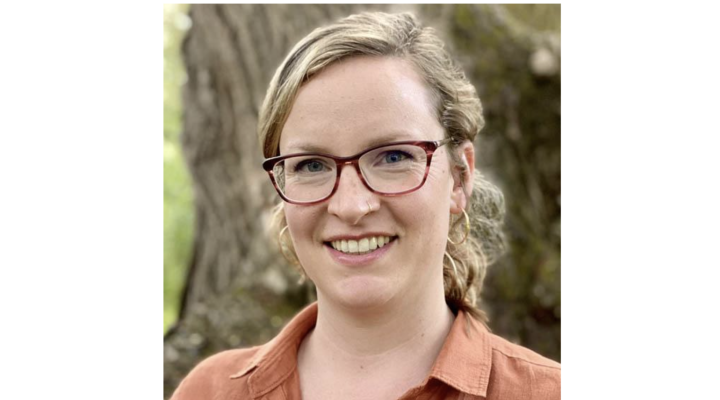John Thompson has seen a lot of the Earth--and knows a lot about what lies beneath it. Originally born in England, he has since lived in Canada, Australia, and the United States, and has worked in many other far-flung locations in search of the world’s mineral bounty. Now, he’s living in Ithaca, New York, where he’ll continue his work at Cornell, “understanding the geology of the earth through time, and why the earth concentrates commodities in certain areas,” as well as “trying to understand those processes to predict where we can find mineral resources.”
But Thompson isn’t just a mineral sleuth. He also tackles the complex environmental, social, and legal issues that are inevitably intertwined with mineral mining. “The goal is to be more efficient in how you mine, and to minimize your footprint,” he says. “You can’t mine everywhere; you have to go where the minerals are, so that puts you in the position of having to work with the people who live there. So you’ve got to balance the needs of the people in the cities who use [most of] the minerals, with the needs of the people who live in rural and remote areas who deal with the actual extraction.”
It’s a quite the career challenge, one that Thompson admits he stumbled into rather serendipitously. As the son of an archeologist, Thompson went along on a number of digs with his father, and he guesses that this time spent working outdoors probably pushed him towards the geology path. Still, Thompson recalls how at age 17, when students entering their undergraduate programs are required to choose their field of study, “I assumed I was going to be a civil engineer, but when it came to fill out the form, I realized it wasn’t what I wanted to do,” he laughs. On a whim, he decided to randomly select a major from a list on the page. “My finger stopped at geology.”
The random selection was fortuitous, although it didn’t seem that way when Thompson first graduated from Oxford with his bachelor’s degree in geology. “There weren’t many job options at the time,” he says, recalling that most of the positions were in the oil industry working as a “young inexperienced person on a North Sea oil rig.” Luckily, Thompson heard about a professor at the University of Toronto whose research interested him, so he opted to pursue an MSc and then a Ph.D. in geology, during which he studied nickel, platinum, and palladium deposits in Norway and Maine. After finishing his PhD, Thompson looked for industrial positions, and ended up working first for a mining company in Australia, then after several moves, with another company in Salt Lake City, Utah, and finally as vice president of Technology and Development for Teck Resources, a large Canadian mineral resource company based in Vancouver.
After 14 years with Teck, Thompson was ready for another change. “I was at the point in my career where I needed to do something different,” he says. Thompson heard of the New Wold Family Professor position in Environmental Balance for Human Sustainability at Cornell, and was familiar with the school since his daughter was an undergrad there. Thompson was also familiar with other faculty members and their work “to the point that it made Cornell very interesting.”
In this new position, Thompson delves into how best to make mining a sustainable practice both for the environment and for the people nearby-- to make it beneficial for these communities. “There are many examples where communities now benefit [from mining], although historically this was rarely the case,” says Thompson. “Now companies often work closely with the local communities to try and create lasting benefits.”
Of course, Thompson is well aware of how hot this kind of topic is for Cornell and its backyard, the Finger Lakes and the Central New York region. Natural gas drilling, using what is known colloquially as ‘fracking’, has had locals engaged in a frenzied debate in recent years. While Thompson won’t be studying the issue on a technical level, as his expertise lies in extracting minerals rather than gas from the ground, “what I am tackling is the societal question of the balance that you need. It’s great to oppose fracking--but everyone’s natural gas is coming from gas that’s been fracked,” says Thompson. “We all have to make choices; the key is understanding those choices. When people have very strong views, the danger is that the debate becomes polarized and opportunities to find meaningful solutions that work locally and meet global needs become increasingly remote.
Outside of these tangled debates and the quest for better mining methods, Thompson plans on taking advantage of the Ithaca area’s natural beauties with his family, hiking, biking, kayaking, and enjoying the outdoors in general--the very same thing that drew him to his career in the first place.




